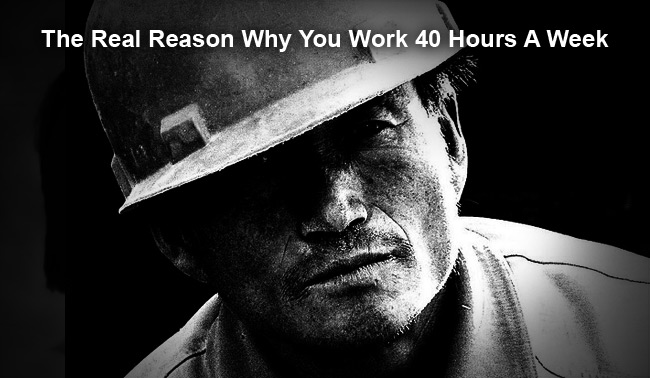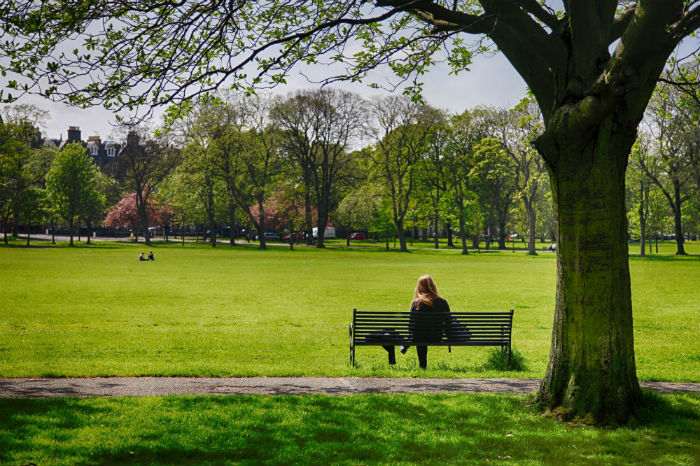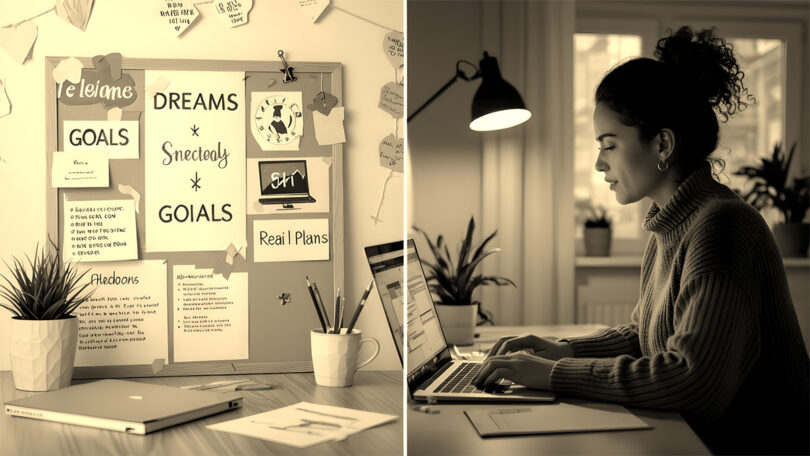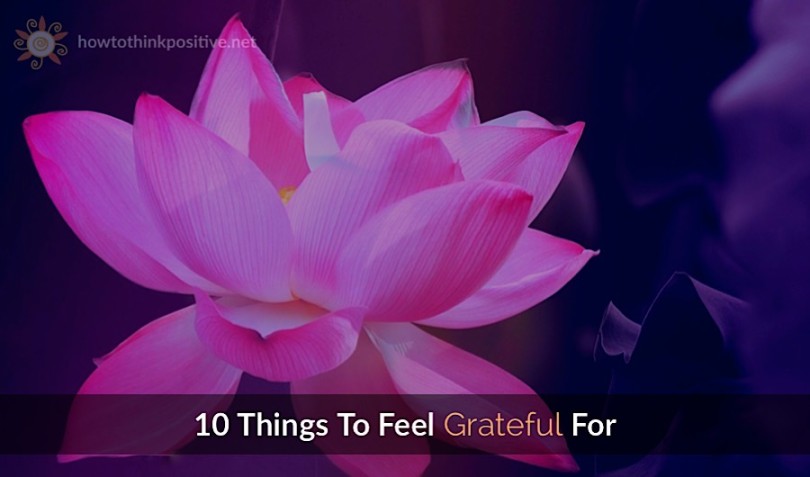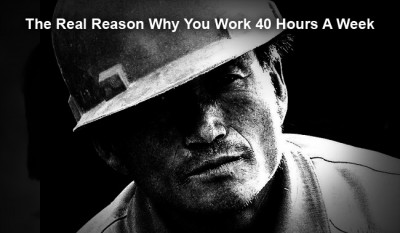
This post contains Amazon affiliate links, meaning I may earn a small commission if you purchase through my links, at no extra cost to you. Note: We aim to provide accurate product links, but some may occasionally expire or become unavailable. If this happens, please search directly on Amazon for the product or a suitable alternative.
There is a lot to think about in the following article. If you have never stopped and wondered why society is the way it is and why systems put in place are beginning to “not make a lot of sense” in terms of really helping humanity and the world, this will definitely give your mind something to ponder.
If you asked the average person why they work 40 hours a week they will likely reply that that is just the way it is and they can’t see themselves working any less than that, especially because for many, this is the standard by which they are barely able to survive and feed their families.
On the surface this is what most people think. It’s normal. But deep inside if they take a moment to think with an open mind and heart they will know and have even wondered something is perhaps not quite right. Why are we always short on time, why aren’t we able to do all the things we really want to do, why are there so many dysfunctional families unable to spend time together more often, and why there are some who have everything yet they feel shallow inside?
What are the trade offs? And are they really worth it?
Let’s look at this eye-opening example and decide for yourself.
Well I’m in the working world again. I’ve found myself a well-paying gig in the engineering industry, and life finally feels like it’s returning to normal after my nine months of traveling.
Because I had been living quite a different lifestyle while I was away, this sudden transition to 9-to-5 existence has exposed something about it that I overlooked before.
Since the moment I was offered the job, I’ve been markedly more careless with my money. Not stupid, just a little quick to pull out my wallet. As a small example, I’m buying expensive coffees again, even though they aren’t nearly as good as New Zealand’s exceptional flat whites, and I don’t get to savor the experience of drinking them on a sunny café patio. When I was away these purchases were less off-handed, and I enjoyed them more.
I’m not talking about big, extravagant purchases. I’m talking about small-scale, casual, promiscuous spending on stuff that doesn’t really add a whole lot to my life. And I won’t actually get paid for another two weeks.
In hindsight I think I’ve always done this when I’ve been well-employed — spending happily during the “flush times.” Having spent nine months living a no-income backpacking lifestyle, I can’t help but be a little more aware of this phenomenon as it happens.
I suppose I do it because I feel I’ve regained a certain stature, now that I am again an amply-paid professional, which seems to entitle me to a certain level of wastefulness. There is a curious feeling of power you get when you drop a couple of twenties without a trace of critical thinking. It feels good to exercise that power of the dollar when you know it will “grow back” pretty quickly anyway.
What I’m doing isn’t unusual at all. Everyone else seems to do this. In fact, I think I’ve only returned to the normal consumer mentality after having spent some time away from it.
One of the most surprising discoveries I made during my trip was that I spent much less per month traveling foreign counties (including countries more expensive than Canada) than I did as a regular working joe back home. I had much more free time, I was visiting some of the most beautiful places in the world, I was meeting new people left and right, I was calm and peaceful and otherwise having an unforgettable time, and somehow it cost me much less than my humble 9-5 lifestyle here in one of Canada’s least expensive cities.
It seems I got much more for my dollar when I was traveling. Why?
Let’s look at the culture that has been created globally…


